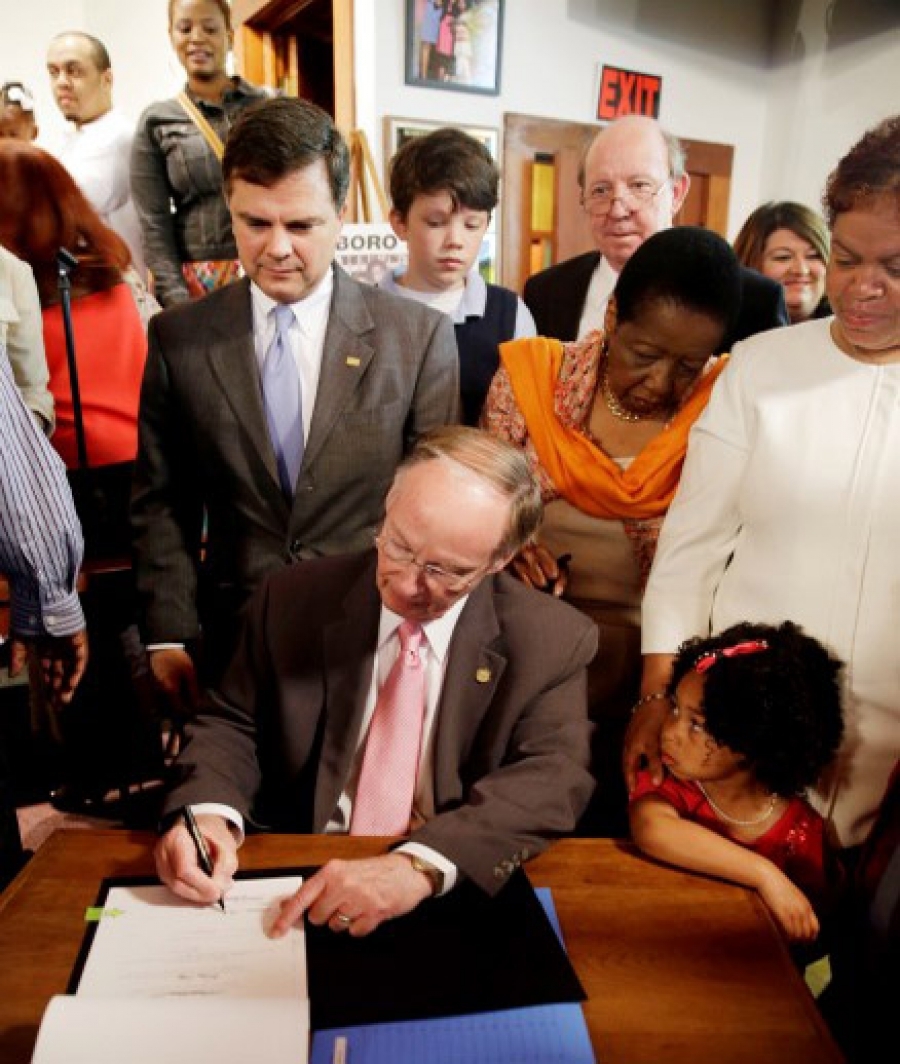Background
In March of 1931, nine Black teens aged 13 to 19 boarded a train in Scottsboro, Alabama. Their names were Olen Montgomery, Clarence Norris, Haywood Patterson, Ozie Powell, Willie Roberson, Charlie Weems, Eugene Williams, Andy Wright and Roy Wright. When a fight broke out, these young boys were arrested for assault and later, two White women accused the young men of rape. After a series of unjust trials, all were sentenced to death except for the 13 year-old. An outpour of support came from around the country as the news of the case spread. Many prominent civil rights and labor organizations offered to provide legal services and assist the nine in appealing the decisions. A second and third set of trials occurred as did an appeal to the U.S. Supreme Court to prove the boys’ innocence. In the retrials, the men were convicted of rape but were given life sentences in lieu of execution. A few of them were paroled after serving time in prison, and all of them died without ever being pardoned for their alleged crimes. The case of the Scottsboro Boys was largely recognized as a gross miscarriage of justice, and an example of the continuous struggle for civil rights in the state of Alabama and across the nation.
NBCSL Action
The National Black Caucus of State Legislators (NBCSL) advocated for the exoneration of the Scottsboro Boys in Resolution LJE 13-08. Passed in December 2012, the resolution stated, “NBCSL calls on the Alabama State Legislature and the Governor of Alabama to do everything in their power to right this wrong by posthumously declaring innocent the remaining eight defendants to finally bring this case to a close.” Even after their deaths, NBCSL recognized the importance of clearing the names of these young men– an important step in remedying America’s dark past.
Legislative Victory
Two bills were introduced in Alabama’s House and Senate to help clear the names of the Scottsboro Boys. One was introduced by NBCSL member, Representative Laura Hall, and another introduced by NBCSL member, Representative Barbara Boyd. Both bills were successfully passed and signed in 2013 by Governor Robert Bentley, officially creating a mechanism for posthumous pardon, something various Alabama officials had long-argued was beyond their jurisdictional scope. The official pardon for the eight men then came from the Alabama Board of Paroles and Pardons once a petition was successfully submitted on their behalf and the board unanimously voted to pardon them.
NBCSL applauds all that were involved in this fight. While not a full exoneration, a posthumous pardon is a useful tool for meting out justice. Given that instances of conviction occur improperly, granting posthumous pardons to those who have died while maintaining their innocence or arguing improper due process, gives families closure and finally brings cases to justice. NBCSL commends the State of Alabama for taking steps publicly to acknowledge this injustice and hopes that together we can all move toward racial healing.
